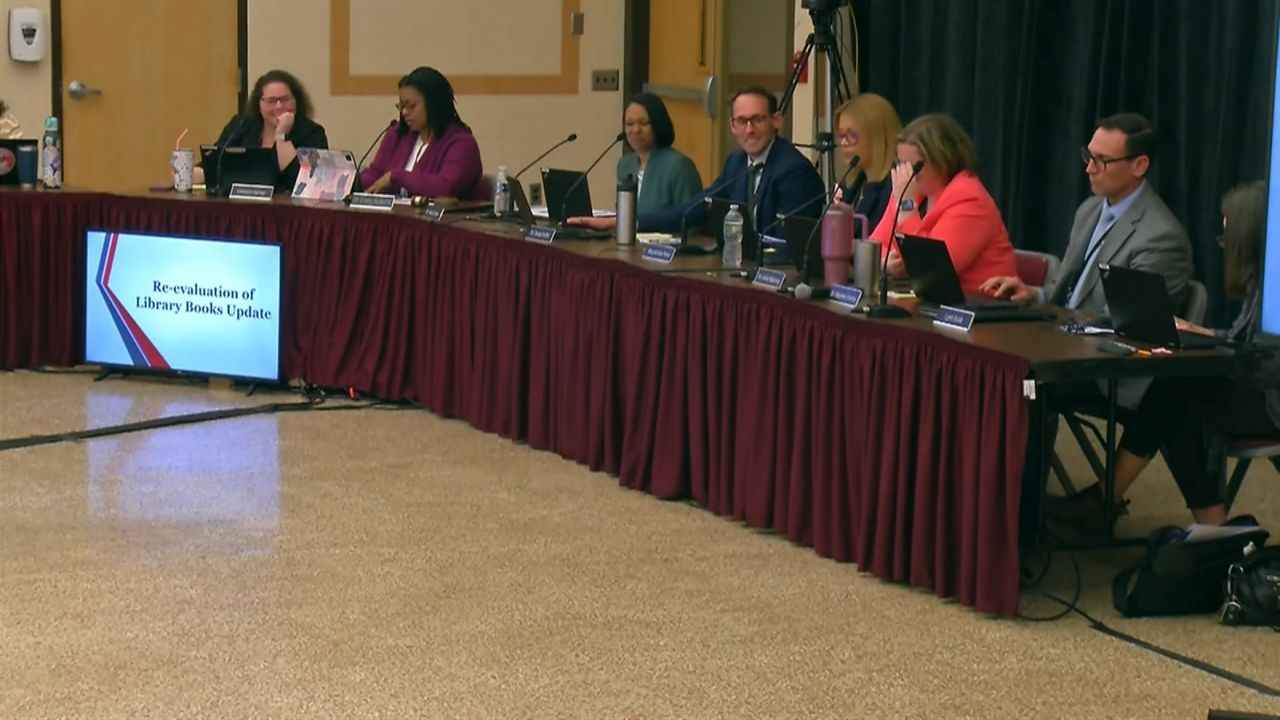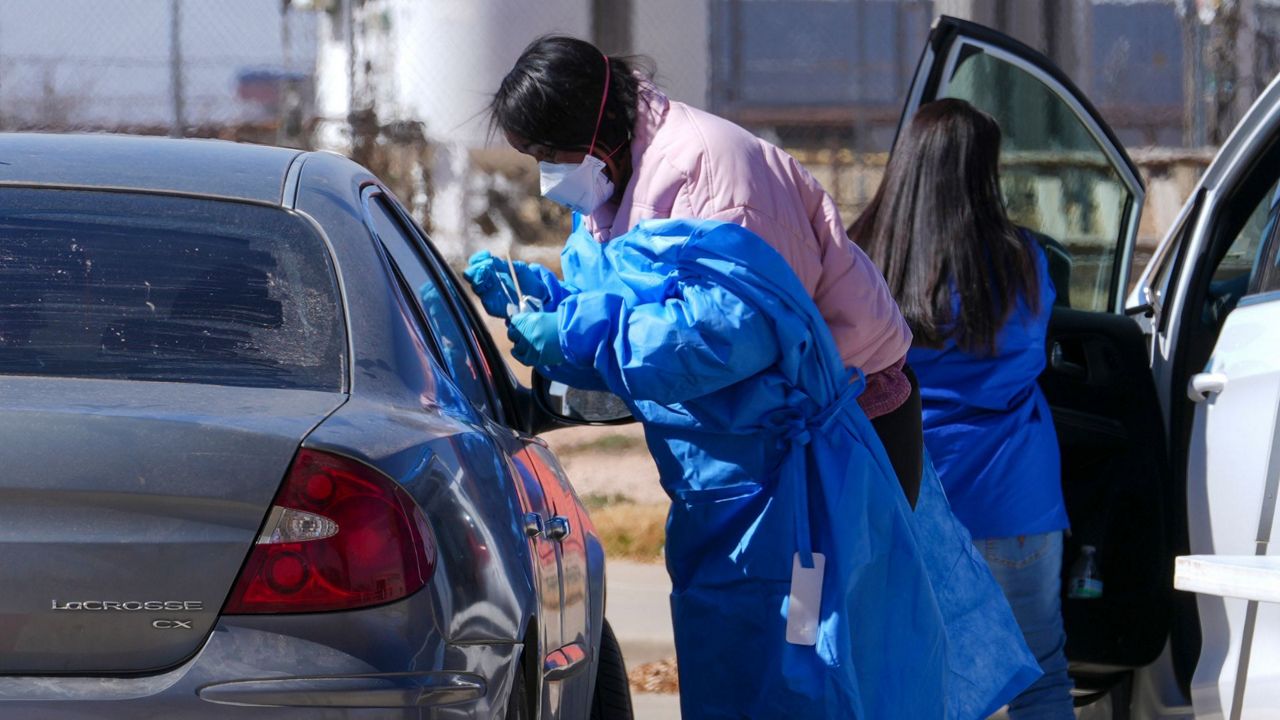OHIO — More than 700,000 kids in Ohio struggle with food insecurity at home and the pandemic magnified the problem.
What You Need To Know
- Children's Hunger Alliance prepared meals that normally would have gone to an after-school program to feed kids
- CHA opened its own warehouse to deal with the demand versus getting the food from a vendor who couldn't keep up with the demand
- CHA's biggest challenge now is staffing
To address the problem, Judy Mobley, President and CEO of Children's Hunger Alliance, said the organization shifted gears to distribute food in a different way once schools went to remote learning.
“We started partnering with schools to do grab and go," she said. "So, we would prepare some meals that normally would have gone maybe to an after-school program to make sure those kids were fed. And we're working with schools, really on a daily basis all across Ohio.”
While the pandemic impacted everyone in different ways, Mobley indicated that many families might have already been struggling. As a result, CHA saw a greater dependence on what they provide.
“We saw people that we'd always been helping, but we also saw a great deal of families that had never needed to seek help before," she said. "We opened up mobile feeding sites in library parking lots, in parks, really just anywhere where families can easily get to us. And we saw people that had never needed our help before coming out on a daily basis to get some meals.”
Mobley said at a certain point, staff handing out meals became friends with families and got to know them on a first-name basis. In the midst of that, Mobley said they saw kindness in all shapes and sizes as people were just trying to help others make sure they had enough to eat.”
Since the pandemic started, CHA opened its own warehouse to deal with the demand versus getting the food from a vendor who couldn't keep up with the demand.
“I would say the only challenge we have right now having the warehouse is like everybody else, staffing," she said. "We are now doing weekend meals. We're doing holiday meals because when kids aren't in school, they need food. It's not just Monday through Friday, and that's what that warehouse has been able to do for us, is meet the needs of kids in those gap areas where we don't have a federal nutrition program for weekend meals. And so there's a huge need to take care of kids on the weekends too.”










